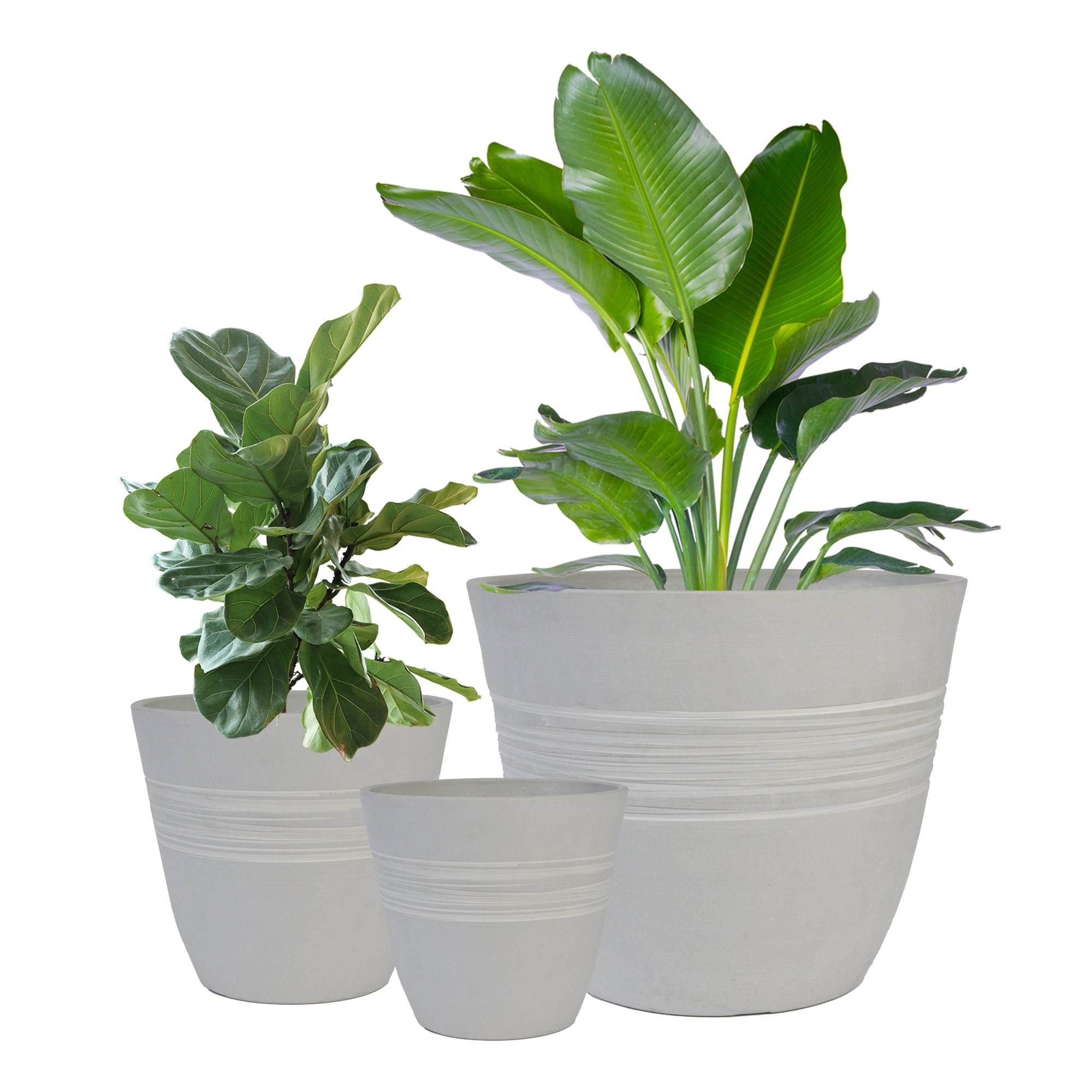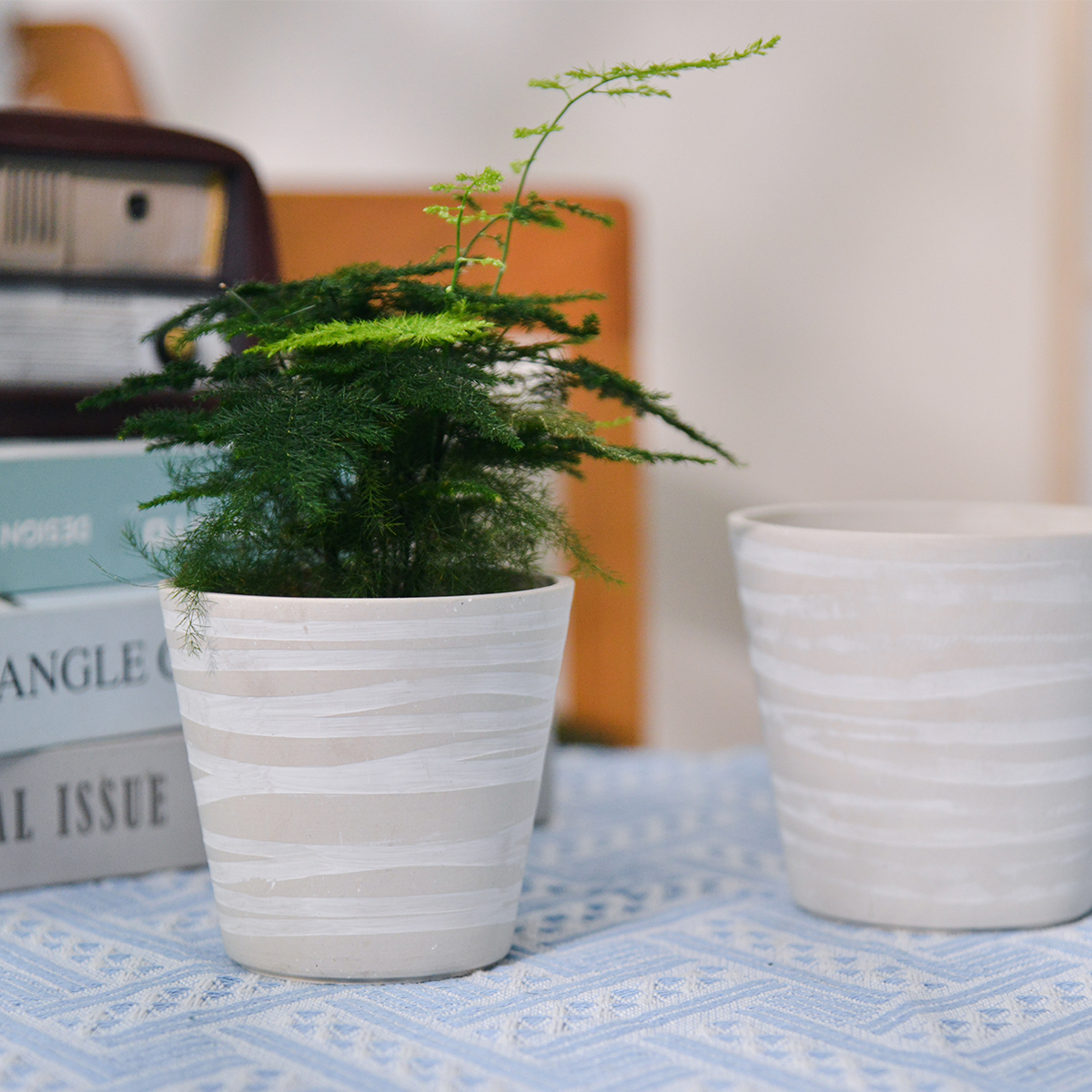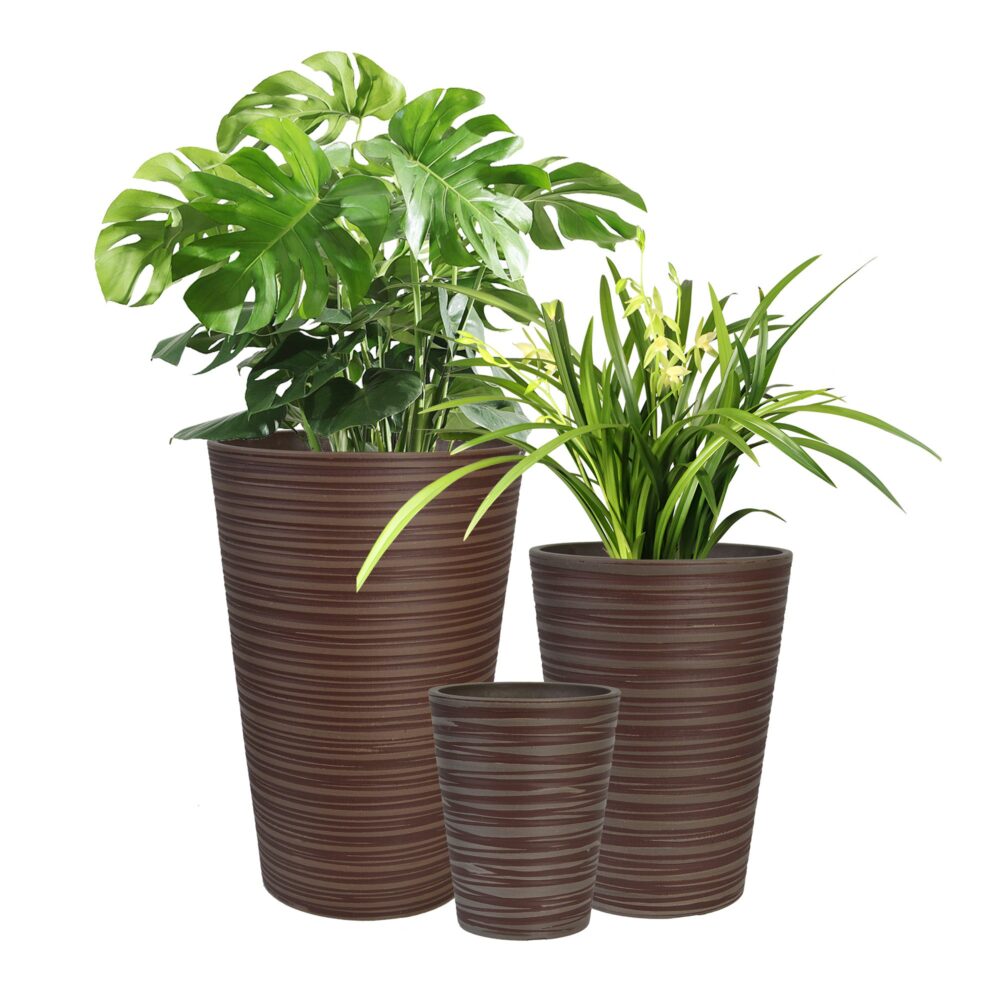Rosemary the Defender: Natural Pest Control for Your American Garden
Looking for a natural and fragrant way to keep unwanted pests away from your precious plants? Rosemary, the popular herb known for its culinary uses, also boasts impressive pest-repelling properties. Incorporating rosemary into your garden can be an effective and eco-friendly way to manage common pests without resorting to harsh chemicals. Let’s explore the benefits of rosemary for pest control in your American garden.

Why Choose Rosemary for Pest Control?
Rosemary offers several advantages as a natural pest repellent:
- Natural and Safe: Unlike synthetic pesticides, rosemary is a natural herb that is generally safe for humans, pets, and beneficial insects like bees and butterflies.
- Aromatic Repellent: Rosemary contains volatile oils with a strong scent that many common garden pests find unpleasant and will actively avoid.
- Easy to Grow: Rosemary is a relatively low-maintenance plant that thrives in sunny, well-drained conditions, making it a practical addition to your garden.
- Dual Purpose: You can enjoy the pest-repelling benefits while also having fresh rosemary on hand for cooking.
- Versatile Use: Rosemary can be used in various ways to deter pests, from planting it directly in the garden to making homemade pest control sprays.
Common Pests Rosemary Can Help Repel:
While not a complete solution for every pest, rosemary is known to be effective against a range of common garden invaders in the US:
- Aphids: These small, sap-sucking insects can weaken plants. Rosemary’s strong scent can deter them.
- Cabbage Moths and Cabbage White Butterflies: The larvae of these pests can decimate brassica crops like cabbage, broccoli, and kale. Rosemary can help keep the adult moths and butterflies away.
- Carrot Rust Flies: The larvae of these flies burrow into carrot roots, causing damage. Planting rosemary near carrots can help confuse the flies.
- Bean Beetles: These beetles can be a nuisance on bean plants. Rosemary can act as a repellent.
- Slugs and Snails: Some gardeners report that the strong scent of rosemary can deter these slimy pests.
- Mosquitoes: While not a primary mosquito repellent like citronella, the oils in rosemary can offer some level of deterrence, especially when crushed or burned.
- Flea Beetles: These small, jumping beetles can damage the leaves of various plants. Rosemary can help repel them.
- Spider Mites: While not always completely effective, rosemary oil sprays can help manage spider mite infestations.
How to Use Rosemary for Pest Control in Your Garden:
Plant Rosemary Strategically: Plant rosemary near vulnerable plants that are prone to pest infestations. For example, plant rosemary around your vegetable garden, near your brassicas, or alongside your carrots and beans. The scent will act as a natural barrier.
Create Rosemary Companion Plantings: Rosemary pairs well with many other plants and can help protect them from pests. Good companions include cabbage, beans, carrots, and sage.
Make a Rosemary Pest Control Spray: A simple rosemary spray can be effective against aphids, spider mites, and other soft-bodied insects. Here’s how to make it:
- Boil 4 cups of water.
- Add 2-4 sprigs of fresh rosemary (or 1-2 tablespoons of dried rosemary).
- Let the rosemary steep in the hot water for at least 30 minutes, or until the water has cooled.
- Strain the liquid to remove the rosemary.
- Add a few drops of mild liquid dish soap (as an emulsifier).
- Pour the mixture into a spray bottle.
- Spray the affected plants, focusing on the undersides of the leaves where pests often hide. Reapply every few days or after rain.
Use Rosemary Cuttings as Mulch: Spread chopped rosemary cuttings around the base of your plants. The scent will help deter pests, and as the cuttings decompose, they will add organic matter to the soil.
Burn Dried Rosemary: Burning dried rosemary can release its aromatic oils into the air, which can help repel mosquitoes and other flying insects in your outdoor spaces.

Important Considerations:
- Not a Cure-All: Rosemary is a helpful tool but may not eliminate all pests entirely, especially in heavy infestations.
- Regular Application: For sprays, regular application is key to maintaining effectiveness.
- Observe Your Plants: Always monitor your plants for pest activity and adjust your pest control methods as needed.
Conclusion: Embrace the Natural Power of Rosemary
Adding rosemary to your garden offers a fragrant and natural way to manage common pests. Whether you plant it strategically, create companion plantings, or make your own pest control sprays, rosemary can be a valuable ally in your efforts to maintain a healthy and thriving garden without relying on harsh chemicals. So, plant some rosemary and enjoy its culinary and pest-repelling benefits!
Plant Pots 6 inch 8 inch 12 inch for Indoor Outdoor Plants, Set of 3 Modern Decorative Planter with Drainage Hole, Decorative Flower Pots
By greenship-seo|2025-04-10T06:38:40+00:00January 16, 2025|Categories: Hand-carving Series|Tags: Decorative Flower Pots|
20T
By greenship|2024-08-13T06:42:22+00:00August 13, 2024|Categories: Hand-carving Series|
KC3-09k
By greenship|2024-08-16T06:24:36+00:00August 16, 2024|Categories: Hand-carving Series|
Modern Plant Pots with Drainage – Indoor & Outdoor Use (6″ Widths)
By greenship-seo|2025-04-10T06:29:43+00:00February 6, 2025|Categories: Hand-carving Series|Tags: Decorative Flower Pots|
k2-21G
By greenship|2024-08-13T06:17:26+00:00August 13, 2024|Categories: Hand-carving Series|
GreenShip 27inch Tall Planters for Porch, Large Outdoor Planter Pots with Drainage Hole
By greenship-seo|2025-04-10T06:27:21+00:00April 7, 2025|Categories: Hand-carving Series|Tags: Decorative Flower Pots|






